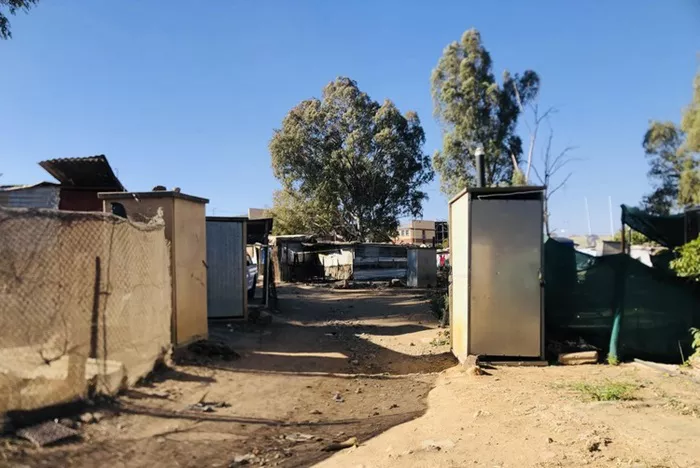Several welfare organisations in Diepsloot, Johannesburg, have been without electricity for more than a year due to a broken Eskom transformer. The transformer, which services an area housing multiple welfare organisations and a branch of the Gauteng Social Welfare Department, broke down in May 2023. Eskom has attributed the repeated breakdowns to illegal connections from nearby homes and has declared the area too dangerous for its technicians to repair the transformer.
Impact on Welfare Organisations
The affected organisations, including the South African Depression and Anxiety Group (SADAG) and Lawyers Against Abuse, have been forced to rely on costly generators to continue their operations. The transformer, initially moved to the property of the Gauteng Department of Social Development to protect it from tampering, was damaged again shortly after.
Fatima Seedat, SADAG’s development manager, highlighted the disruption caused by the lack of electricity. “We are situated in an already overburdened and under-serviced community. The impact of no electricity puts a strain on everyone,” she said. SADAG has had to adapt to using noisy generators and gas heaters, adding further strain on their limited resources.
Lindsay Henson, executive director of Lawyers Against Abuse, detailed the significant financial and operational impact of running generators full-time. “Generators are not meant to run continuously for 50 hours a week. We’ve had many instances where our generators broke down and had to be repaired, halting our operations,” she said. Lawyers Against Abuse provides critical legal services, therapy, and counseling for women and children who have experienced violence, making the power outages especially detrimental.
Eskom’s Response and Community Issues
Eskom’s Gauteng spokesperson, Amanda Qithi, blamed illegal connections for the breakdowns. “In most areas within Diepsloot, communities have illegally installed their own transformers on the Eskom network, damaging the infrastructure and making it unsafe for our technicians,” she explained. Qithi urged the community to partner with Eskom to reduce outages by refraining from illegal activities that compromise the network.
Qithi also noted that Eskom’s network configuration does not allow for dedicated supply lines to paying customers, making it impractical to service the welfare offices separately. Despite multiple repairs and moving the transformer to a secure location, illegal connections have persisted, classifying the area as high-risk and unsafe for Eskom technicians to work in.
A Call for Solutions
The ongoing power issues have significantly impacted the operations of welfare organisations in Diepsloot, highlighting the need for a sustainable solution. These organisations play a vital role in supporting vulnerable communities, and the lack of electricity hinders their ability to provide essential services. Eskom’s call for community cooperation underscores the complexity of addressing the issue, but the welfare of Diepsloot’s residents and the functionality of these organisations depend on finding a resolution.
- Power Up Your Home: The Ultimate Guide To Choosing The Best Backup Diesel Generator
- Diesel VS Petrol Generators: Which Is Better For Your Needs?
- The Role Of Solar Generators In EV Charging
- Kingwood Seniors Endure 9th Day Without Power: CenterPoint Deploys Mobile Generators
- Desdorp Studio’s FemtoGlass Wins Iron A’ Design Award in Machinery
- Vodafone Ukraine Adds 600 Generators and 22,000 Batteries
- Houston Restaurant Serves 200 Free Meals with Generator After Hurricane Beryl
- Generac Acquires Microgrid Controller Specialist Ageto: A Strategic Move into the C&I Market

